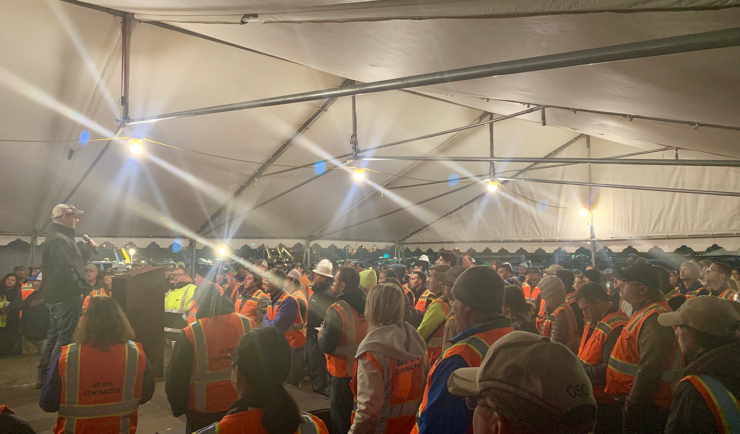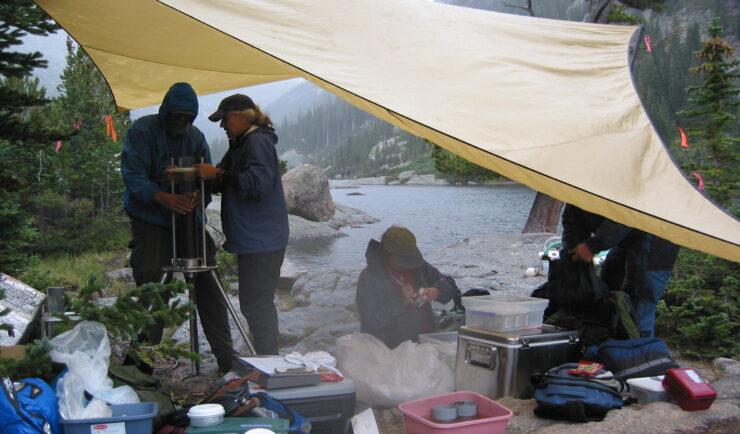Analysis for Coastal Operational Resiliency
CSS assisted with planning and executing a demonstration of three decontamination technologies on a USCG vessel contaminated with a benign surrogate for anthrax.
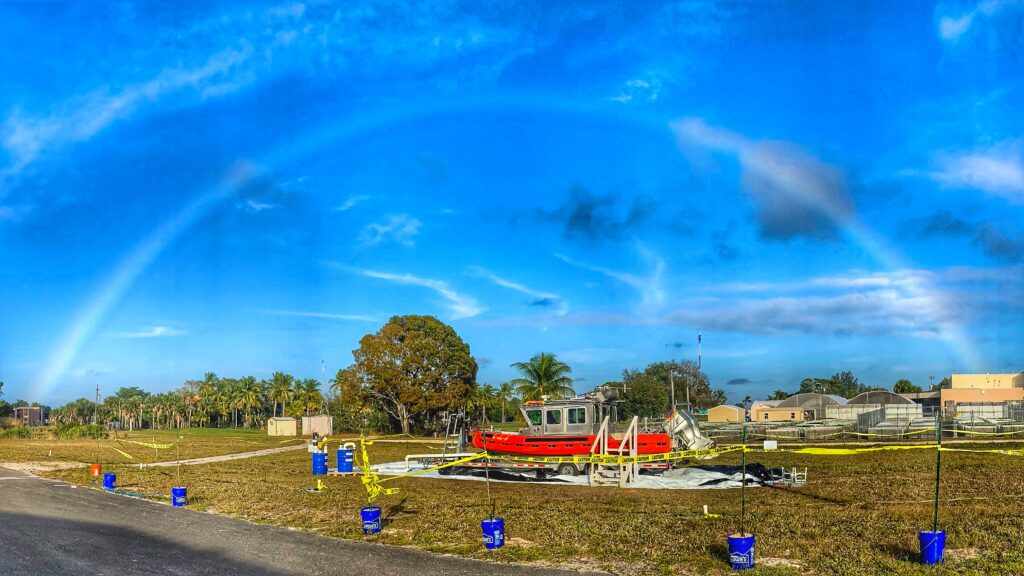
Developing and Testing Response Plans for US Coast Guard Facilities and Equipment
EPA, the Department of Homeland Security, and US Coast Guard (USCG) worked together on the Analysis for Coastal Operational Resiliency (AnCOR) project. It involved field-level demonstrations to train USCG response personnel and test equipment that could be used following a biohazard emergency. CSS first assisted with planning and executing a demonstration of three decontamination technologies on a USCG vessel contaminated with a benign surrogate for anthrax. We wrote and reviewed quality, sampling, air monitoring, and safety plans for the demonstration. While onsite for the 4-week demonstration, we set up the test bed during all three phases; prepared sampling kits; collected multimedia samples during the tests; shipped samples to the analytical laboratory; and prepared sections of the final report.
In a follow-on AnCOR project, we helped plan and execute a Wide Area Demonstration (WAD) at Ft. A.P. Hill’s Urban Warfare Training Center. The month-long field demonstration focused on decontaminating USCG-related structures (buildings and docks), materials (ropes, buoys), and hard and soft surfaces (asphalt, concrete, gravel, and vegetation). CSS participated in small workgroups to develop the exercise framework, prepared the Sampling Plan, and coordinated with the data management team. We handled the logistics for the exercise, arranging for decontamination contractors, videographers, office trailers, personal hygiene units, and electrical generators. During the field test we placed senior technical staff onsite to assist with background sampling, surrogate application, pre- and post-decontamination sampling, and two types of decontamination. We placed 65 reference material coupons and supported the collection and shipment of another 700 samples for analysis.
Additional Projects

Predictive Modeling/Spatial Planning, NY Bight
CSS designed and implemented this integrated data acquisition, data management, and statistical predictive modeling to select optimal wind farm locations while minimally impacting seabirds.
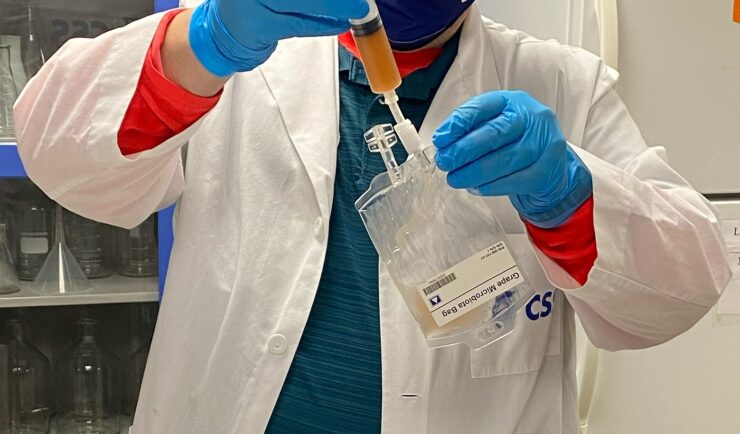
Grape Microbiota
CSS was selected to develop an experiment payload to examine the effect of microgravity throughout the various stages of wine fermentation.
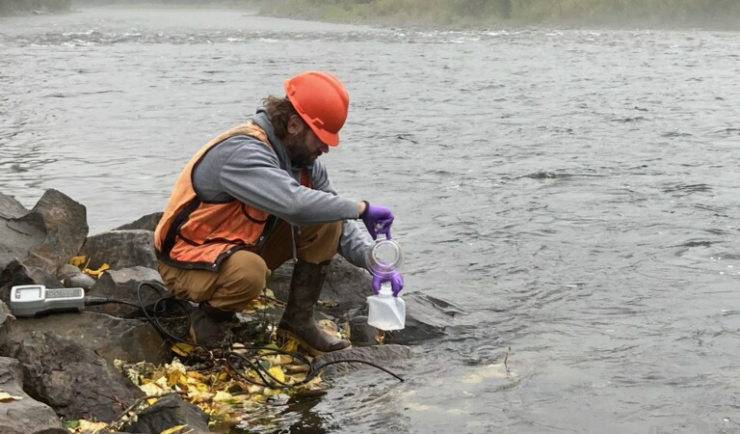
Pacific Ecological Services Division Project (PESD)
Since 1996 CSS has conducted field and lab-based research in support of the Pacific Ecological Services Division Project

Get in touch
Contact us to learn more about our projects, capabilities, solutions, and service offerings.


